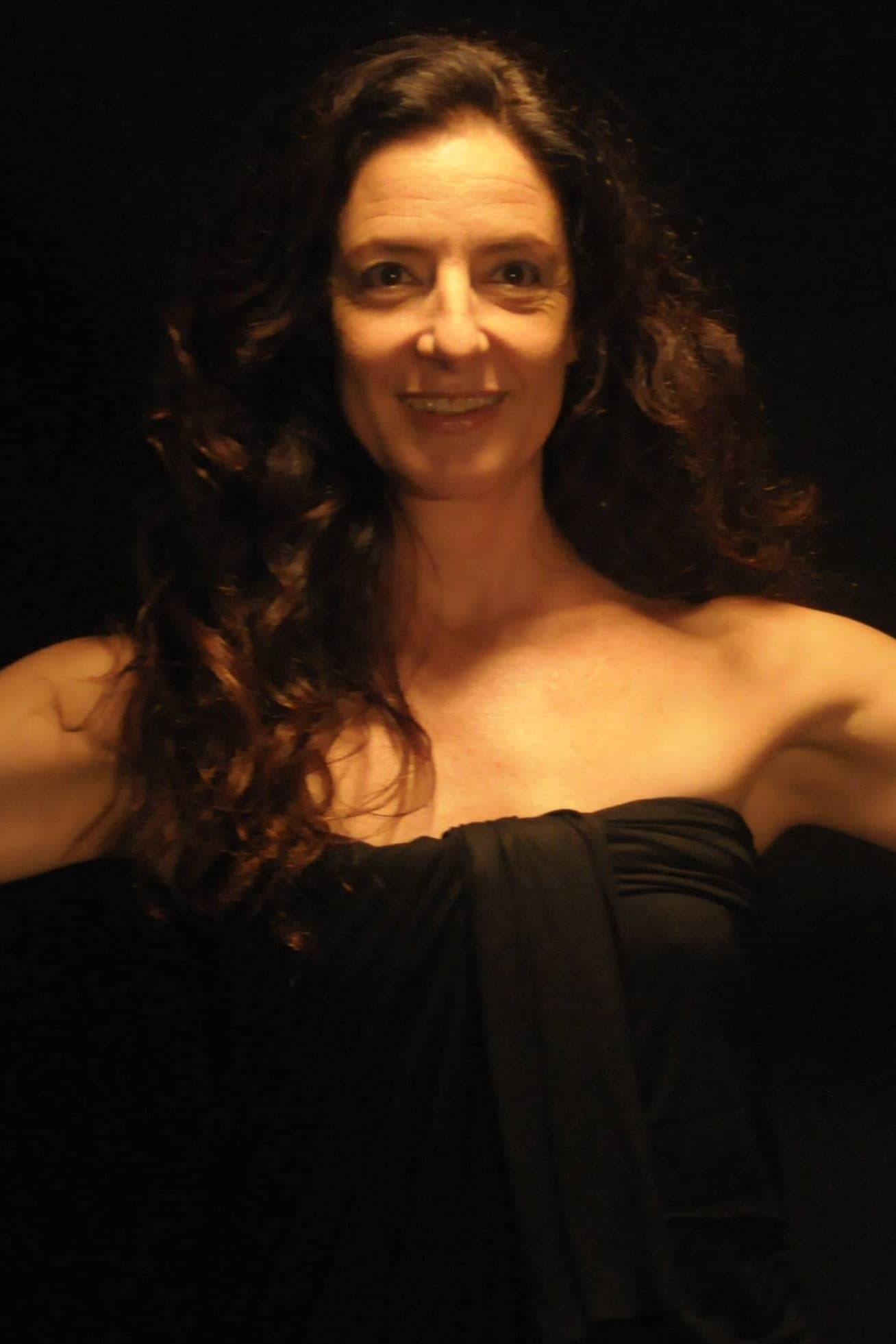
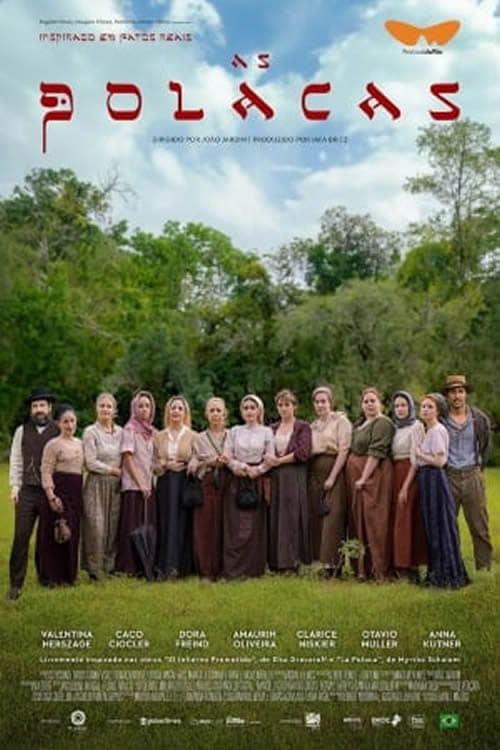
In 1917, Rebeca flees from hunger and war in Poland and arrives in Brazil to reunite with her husband and start a new life. In Rio de Janeiro, she discovers that her husband has died and ends up being held hostage by a large prostitution and women trafficking ring, led by the ruthless Tzvi. Rebeca transgresses her own beliefs and finds allies who are experiencing the same drama. Together, they decide to fight for freedom.

The documentary is a tribute to Theater based on the trajectory of Clarice Niskier who made her job her own lifestyle. As a central axis, interviews with the three directors with whom Clarice developed long partnerships: Domingos Oliveira, Eduardo Wotzik and Amir Haddad. Through an intimate and sensitive look, the film reveals her passion for the craft, her life experience, her poetic worldview, her spiritual and intellectual search, pains, joys, losses and gains. Clarice makes the black box the more than perfect symbol of her own Universe: the Theater.

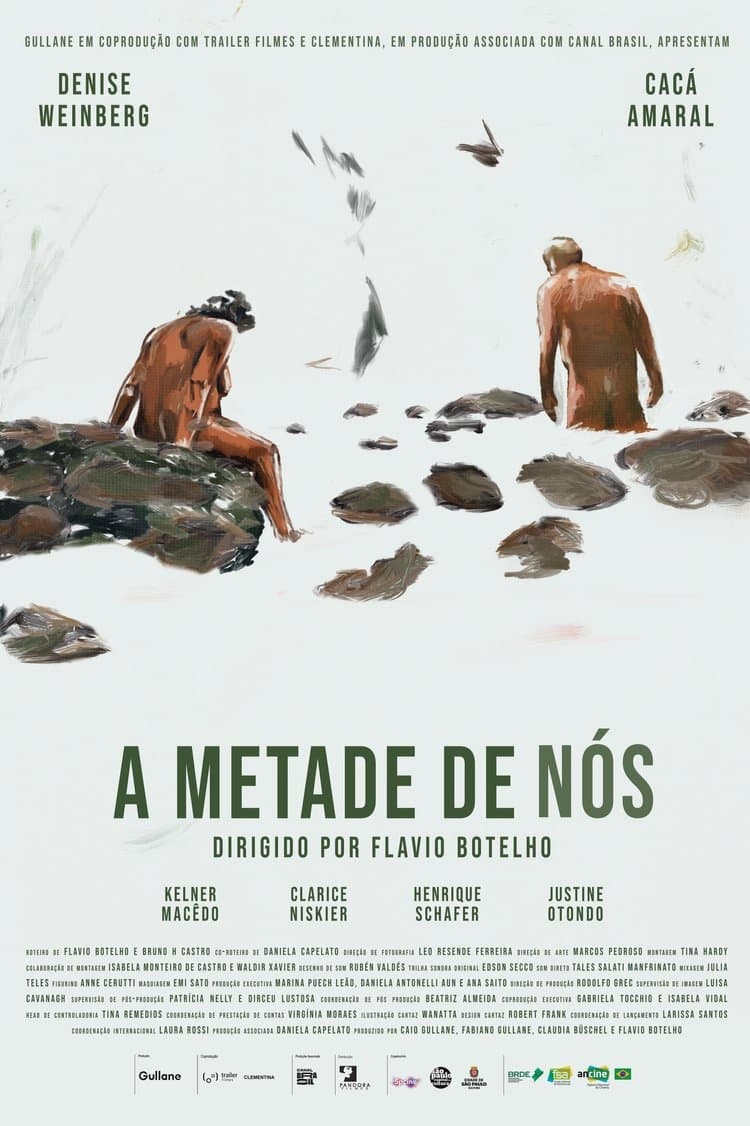
Francisca and Carlos struggle to adapt to their new reality after the suicide of their only son, Felipe. Immersed in fantasies, fears and melancholy, the couple go through radical experiences. Carlos moves into Felipe's old apartment, alienating himself in the world of his dead son. Francisca, haunted by guilt, dedicates herself to unraveling the enigma of suicide.
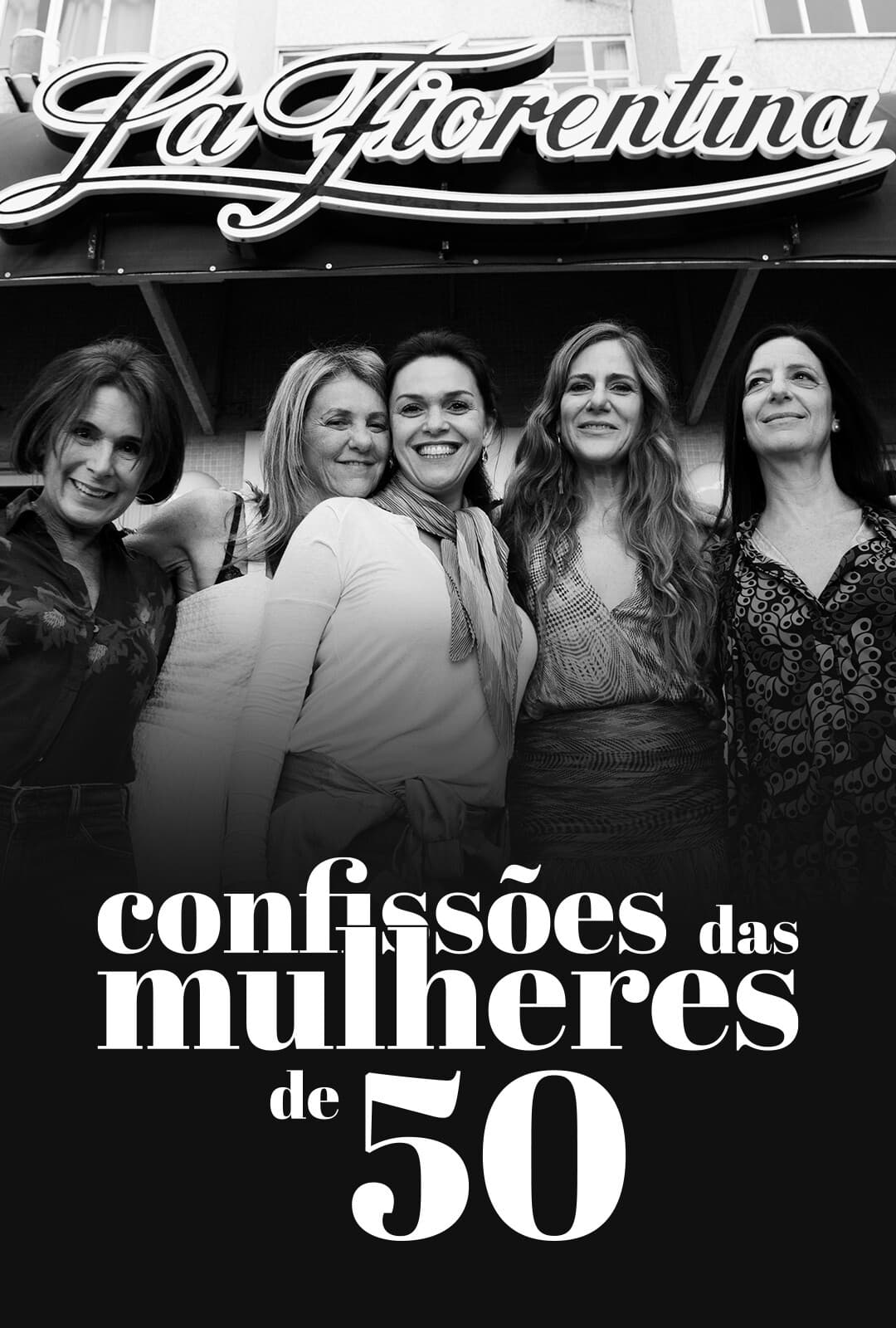
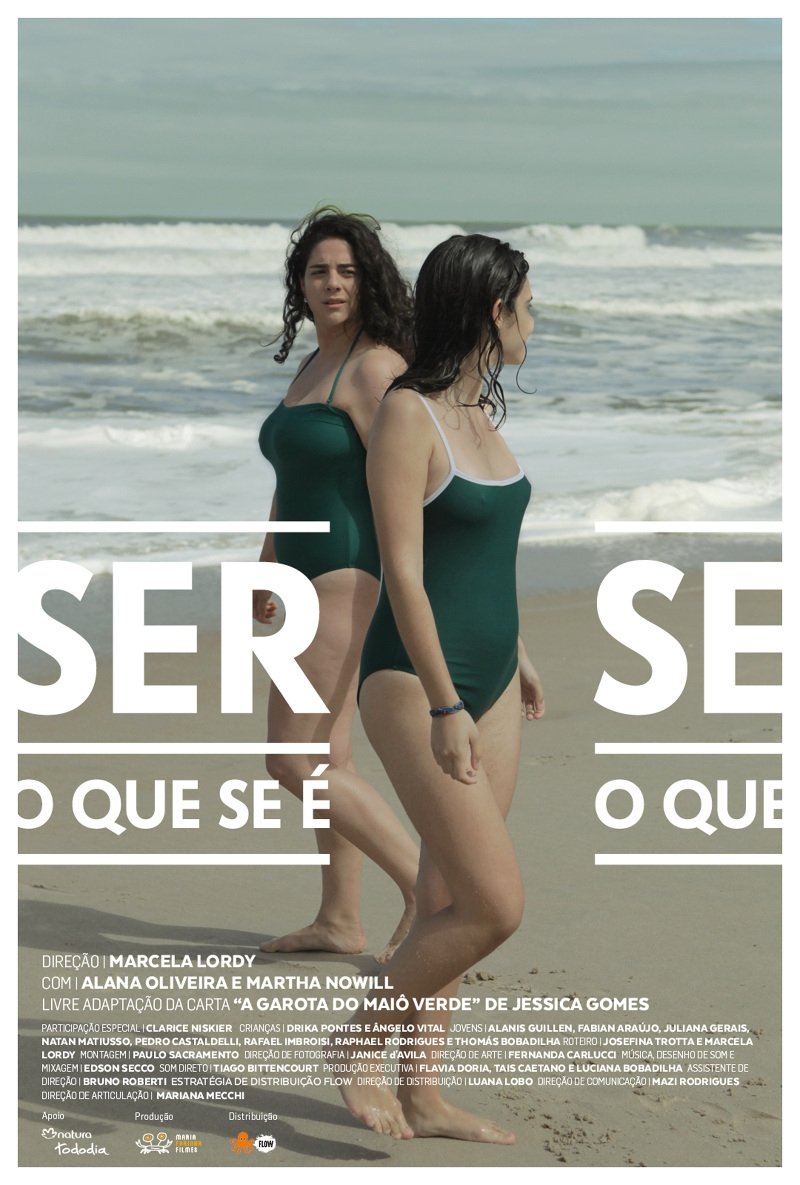
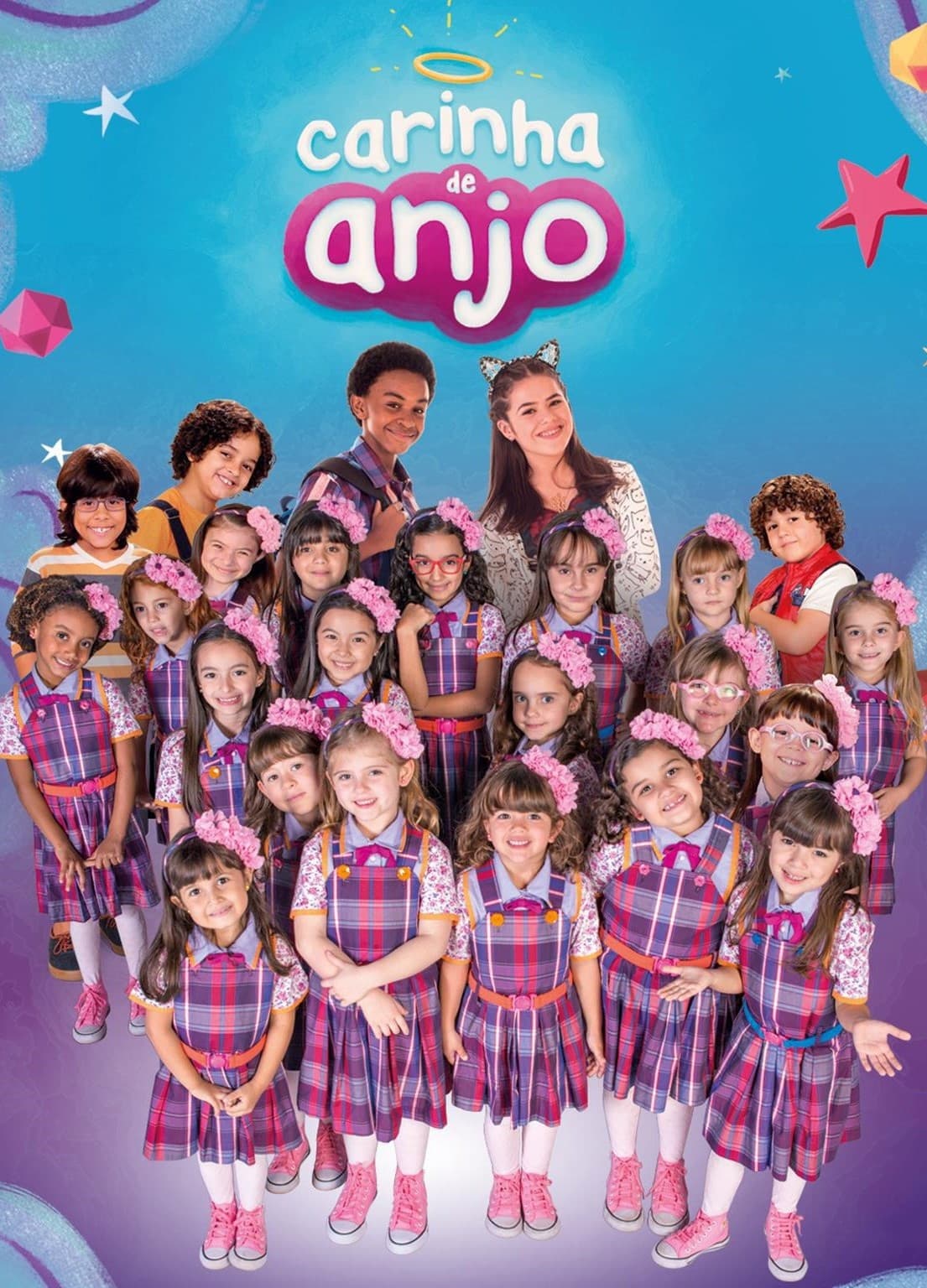
After a family tragedy, the sweet Dulce Maria is cared for by kind nuns at a boarding school. But things change when Dad comes back into her life.

Ney and Marcos share an apartment, the passion for music and for the same girl until time tears them apart. A few years later they meet again reviewing their attitudes, emotions and memories.


By browsing this website, you accept our cookies policy.